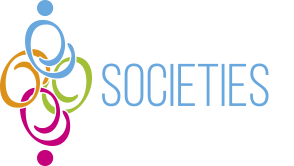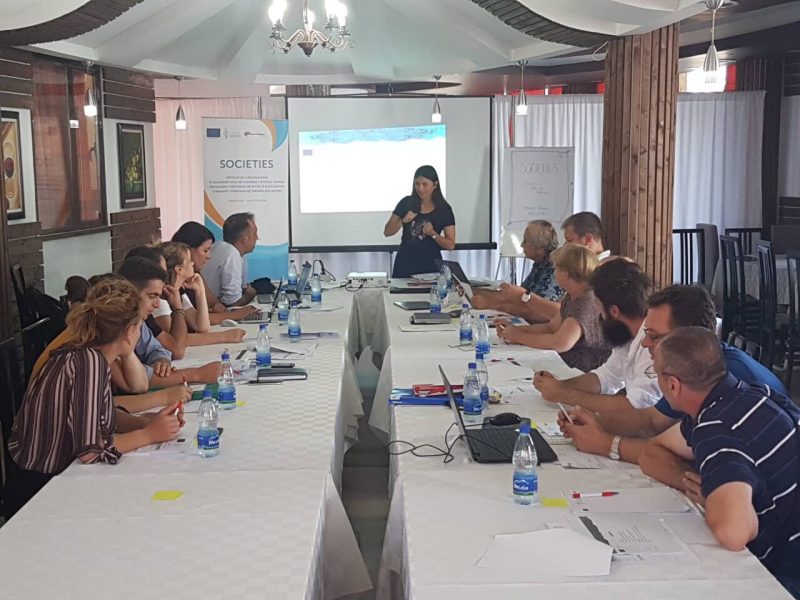On Wednesday, September 13, 2018, a Steering Group meeting of the Societies project was held in Shëngjin, Albania. The group consists of 18 members: representatives of Caritas Serbia, which is the main project applicant and one representative of each of the co-applicants.
The steering group members meet to analyze the activities implemented, ensure the proper coordination of all members, carry out an internal evaluation and plan the next activities. The steering group is managed by the project manager, which ensures the participation and contribution of all members and partners. During this meeting a report on the activities carried out in 2017-2018 was presented, giving special emphasis to the training program report, the working group for drafting proposals and recommendations of public policies, as well as the process of monitoring the implementation of projects supported organizations. After the presented report, the members of the board discussed the way the project was implemented, the activities planned for this year’s regional campaign, the strengths and weaknesses in the implementation of the project. It is pointed out that due to the large number of activities, the next period of implementation of the project will be the most challenging and will require maximum efforts and commitment of all participants in the project.
The meeting was attended by 7 Caritas organizations from the region (Caritas Serbia, Caritas Italy, Caritas Albania, Caritas of Bosnia and Herzegovina, Caritas of Montenegro, Caritas Kosovo and Caritas Bulgaria) and 7 partner organizations on the project (Psicologi per i popoli del mondo – Italy, Naša kuća – Serbia, Paraplegic Association of Montenegro, TK Fenix - Bosnia and Herzegovina, QKVP – Kosovo, AAP – Albania, CoDe – Albania).
At the end of the meeting, a detailed plan of activities for 2019 was created, including the continuation of the training program, study visits, organization of awareness raising campaigns, as well as the efforts to establish dialogue between civil society organizations and public institutions, through the organization of national and regional forums for social inclusion of persons with disabilities and with mental health problems.

